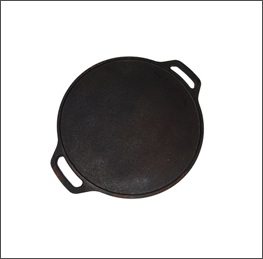
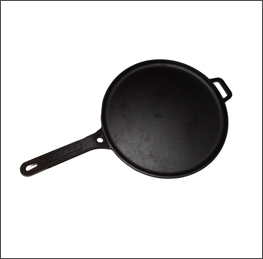
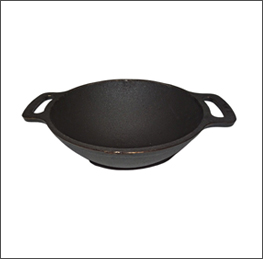
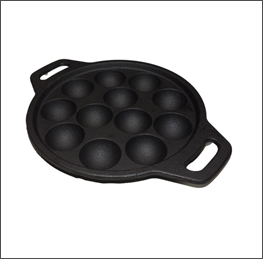
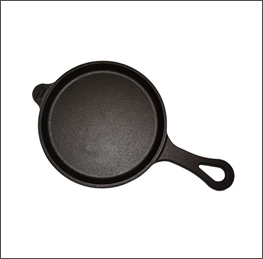
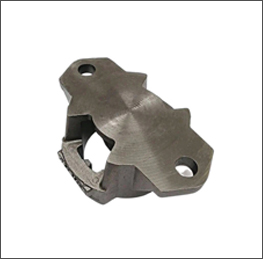
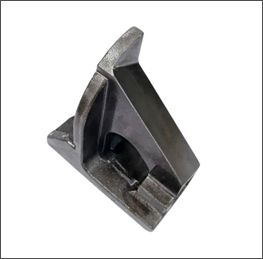
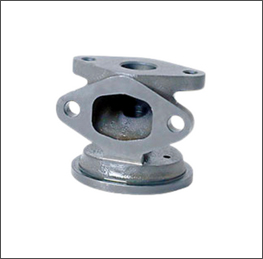
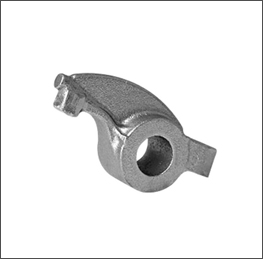
Indo German Shell Cast is a renowned leader in manufacturing and servicing, specializing in high quality shell mould casting solutions with ferrous metals like cast iron , SG iron, SS all grade . We also perform processes like sand molding, shell molding and other related activities. Our client-focused approach ensures in-depth consultation, tailored solutions and superior results, reinforcing our commitment to quality and reliability.
Shell mold casting is a precision metal casting process that utilizes a thin walled shell made from a sand resin mixture to form molds. This technique is particularly effective for ferrous metals like cast iron, carbon steel, alloy steel and stainless steel. The process begins with the creation of a reusable metal pattern, typically made of iron or steel. The pattern is heated to an optimal temperature range and coated with a lubricant to ensure easy removal of the shell. A dump box containing the sand resin mixture is then inverted over the heated pattern, allowing the mixture to coat and partially cure around the pattern due to the heat.The shell is further cured in an oven to achieve the desired strength before being stripped from the pattern. For mold assembly, two shell halves are joined using adhesives or clamps and any required cores are inserted before closing the mold. The assembled shell mold is placed in a flask and supported with backing material for stability during casting. Molten ferrous metal is poured into the mold cavity through a flow control system, filling the elaborate design created by the shell. The metal cools and solidifies into the final shape after which the shell mold is broken away to remove the casting.
Post casting processes such as trimming and cleaning are performed to remove excess material and sand residue. Shell mold casting is widely used for producing small to medium sized components requiring high dimensional accuracy and complex shapes such as gear housings, cylinder heads, connecting rods and lever arms. This method achieves superior surface finishes and precision compared to traditional sand casting while accommodating both low and high volume production needs.